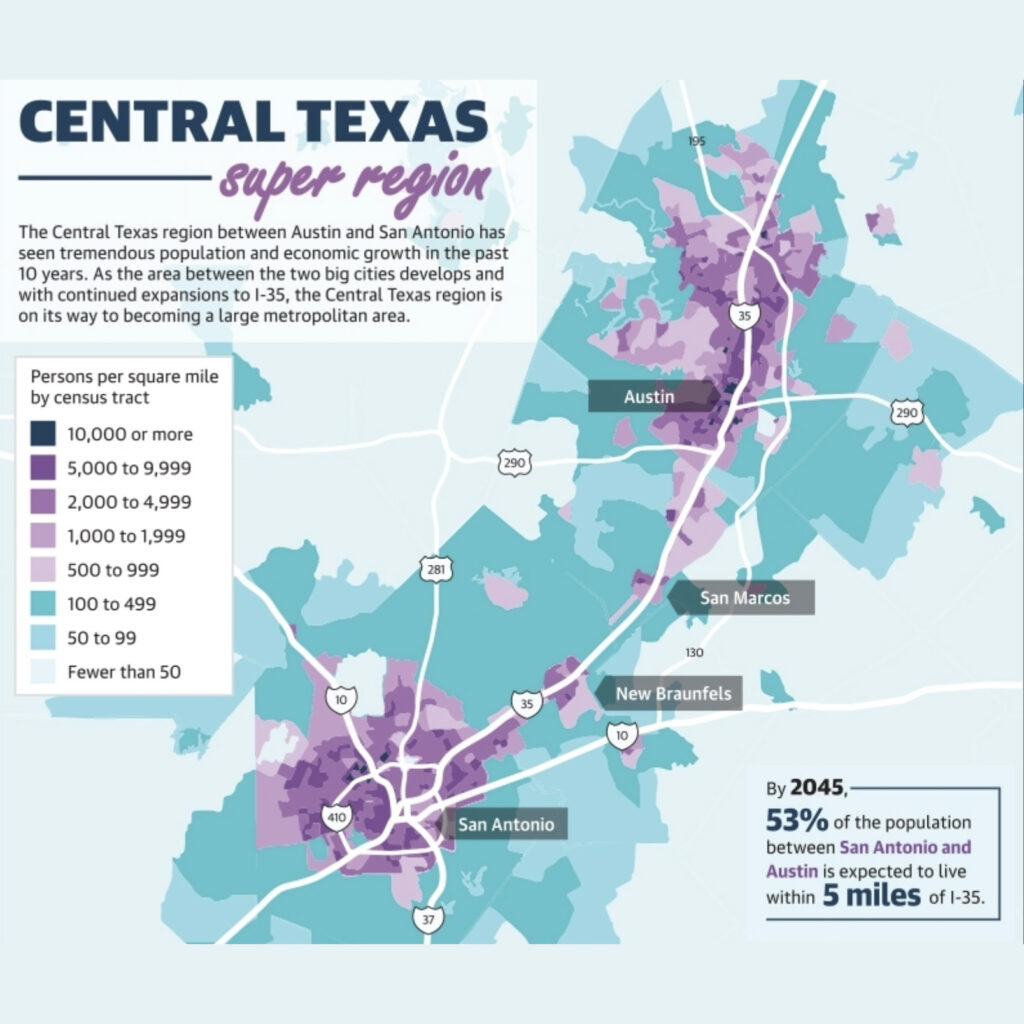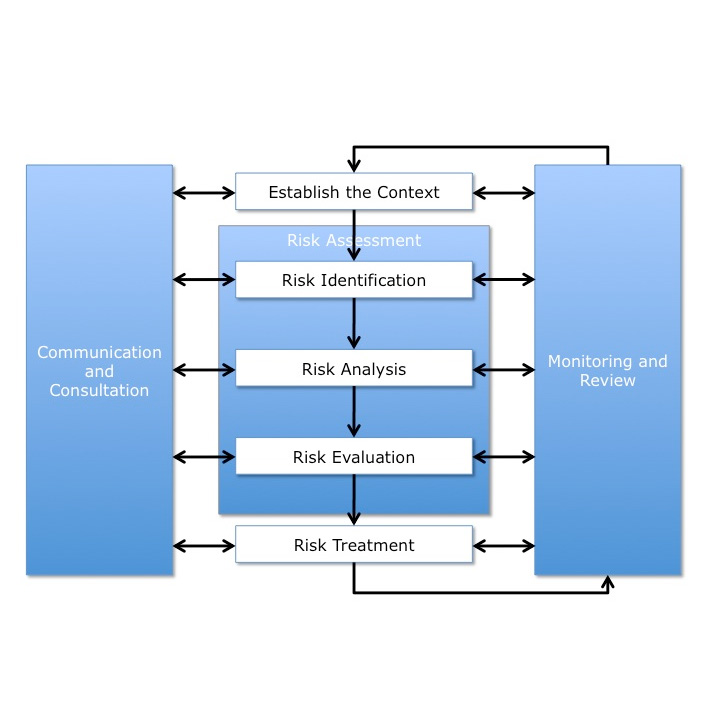In the world of capital improvement programs (CIPs), we obsess over numbers—budgets, schedules, risk matrices. But what if one of the most powerful tools for successful program delivery isn’t technical at all? What if it’s psychological?
At FLAG, we believe the next evolution in program management consulting isn’t just better dashboards—it’s understanding the human behavior behind the data. Enter behavioral economics.
- Why Behavioral Economics Belongs in CIP Management
Behavioral economics studies how people actually make decisions—not how they should. This matters in infrastructure projects, where decisions are made under pressure, with incomplete information, and by diverse stakeholders with different motivations.
Think about:
- A city council delaying a vote due to sunk cost bias.
- A project manager underestimating a schedule due to optimism bias.
- A contractor overcommitting because of risk tolerance misalignment.
These aren’t just quirks—they’re hidden risk factors.
- Case in Point: Decision Fatigue in Approvals
We’ve seen it: a CIP project slows not due to design or procurement but because decision-makers are overwhelmed. Behavioral research shows that as decision fatigue sets in, people default to inaction. Projects stall. Budgets bleed.
A well-timed intervention—such as bundling approvals, limiting unnecessary options, or rotating presentation formats—can reduce fatigue and accelerate timelines.
- From Gantt Charts to Choice Architecture
Program controls already offer structure. But when we overlay choice architecture—intentionally designing how decisions are presented—we can guide stakeholders toward better, faster, more aligned decisions.
Instead of flooding a steering committee with options, present one preferred path and two vetted alternatives. Instead of listing risks by severity, show them relative to stakeholder-specific concerns. It’s still objective—but far more persuasive.
- Human-Centered Controls: FLAG’s Next Frontier
At FLAG, we’re exploring how to build behavioral insights into our program management playbook:
- Tailored risk communication to match stakeholder personas
- Nudges embedded in dashboard alerts (e.g., “Projects with similar delays had 30% budget overruns”)
- Training for city leaders on cognitive biases in capital decisions
It’s time we treat human behavior as a variable in our project controls—not a wild card outside of them.
Conclusion:
In the capital programs of the future, program managers will need more than technical know-how—they’ll need a behavioral lens. At FLAG, we’re already adjusting our focus.
Because the better we understand how decisions are made, the better we can guide them.
Front Line Advisory Group (FLAG) is a Program Management Consulting (PMC) firm focused on delivering bond-funded infrastructure projects on time and on budget through disciplined management and data-driven controls. Our mission extends beyond consultation – we empower our clients to realize the full potential of their investments, ensuring tax dollars are put to maximum use through astute Program Management Consulting. For more information or to commence your journey towards transformative bond management, reach out to us at Info FLAG













